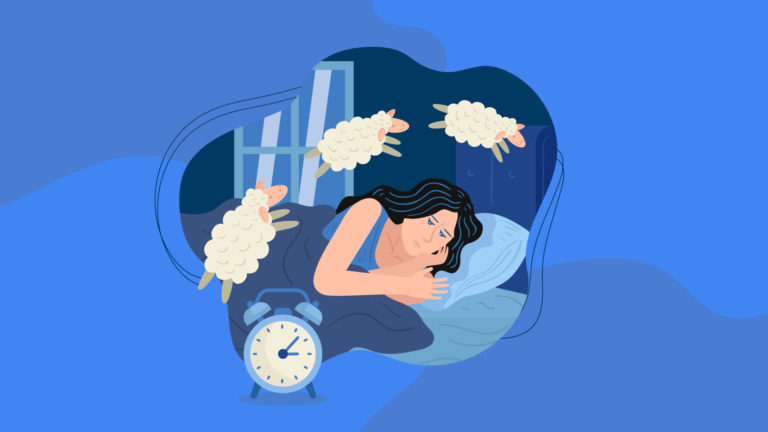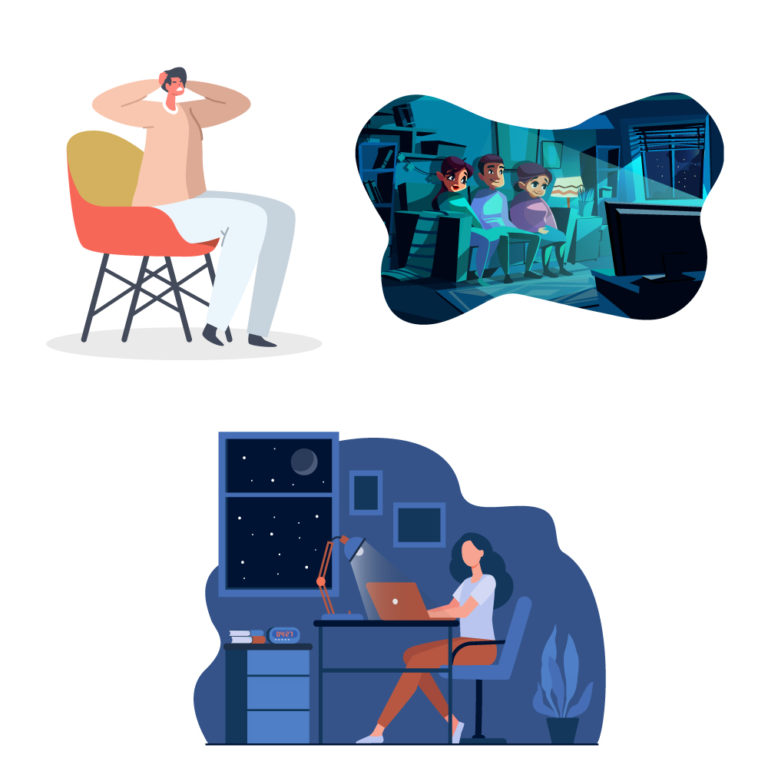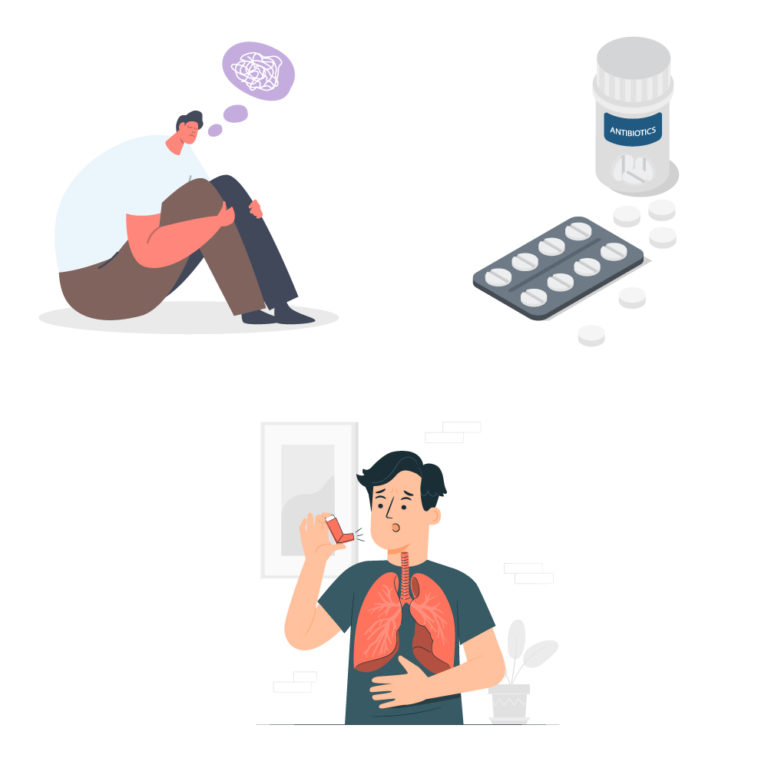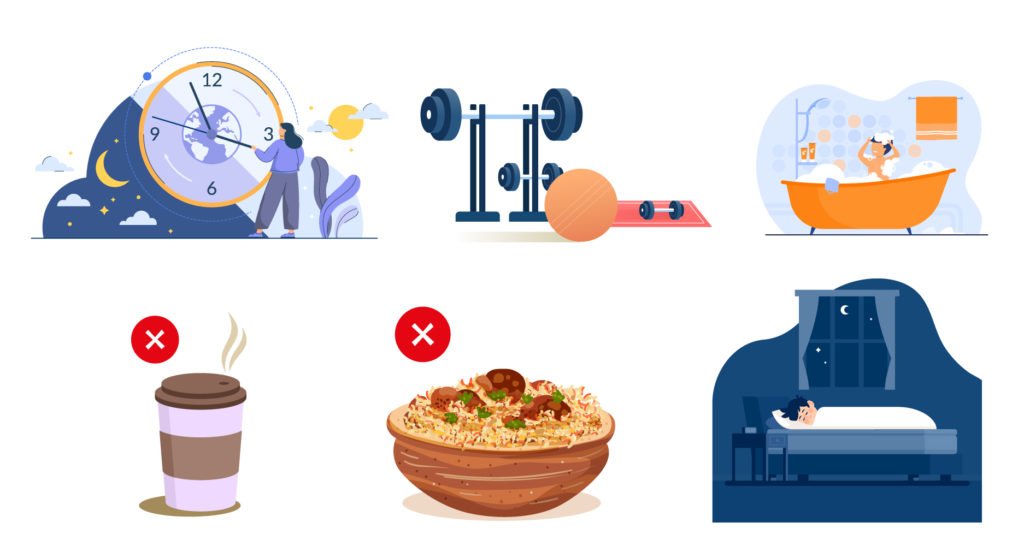
Let’s talk flu, its prevention and home remedies.
Boo-ger season is here! Let’s begin by defining flu (short term for influenza) because it’s usually misunderstood as fever or cold. Flu is a common

People with Insomnia find it hard to fall asleep, stay asleep or even go back to sleep if woken up. Insomnia may cause someone to feel tired when woken up, drain their energy level, resulting in a low performance at work, mood swings and even some adverse health conditions such as diabetes, hypertension and weight gain.
The amount of sleep needed varies from person to person. However, an average person needs at least six to nine hours of sleep. Quality sleep plays a vital role in overall well-being. Not getting sufficient sleep regularly can significantly impact physical and mental health along with the quality of life.
Insomnia is defined as:
As a result, here are a few other symptoms related to the lack of sleep:

Insomnia can be both short-term and long-term. Short term insomnia tends to last for a few days or weeks and is often triggered by stress. Whereas long-term or chronic insomnia is when sleep difficulties occur at least three times a week for three months or longer.
Insomnia may be the primary problem, or it may be associated with other health conditions. However, several things may contribute to insomnia, including environmental, physiological, and psychological factors.

Causes for chronic insomnia include:

Common causes of insomnia include:
Additionally, excessively drinking caffeine may also cause irregular sleeping habits, while nicotine in tobacco products is another stimulant that can interfere with sleep. On the other hand, alcohol may help fall asleep, but it prevents deeper stages of sleep and often causes awakening in the middle of the night.
Almost everyone has experienced a couple of sleepless nights. However, the risk of insomnia is more significant if someone falls into a specific demographic or experiences certain lifestyle factors:
Good sleep habits will help improve sleep and prevent insomnia.

Insomnia is not a nuisance or a small inconvenience but an actual sleep disorder that can significantly impact one’s physical, mental and emotional health.
If you think you have insomnia, feel free to reach out to a healthcare professional via the oDoc app as soon as possible. They can assist you in exploring the possible causes and offer help with finding the best treatment for your needs.

Boo-ger season is here! Let’s begin by defining flu (short term for influenza) because it’s usually misunderstood as fever or cold. Flu is a common

Menopause Brain Fog is real: A Simple Guide with Symptoms and Treatment Women in their 40s and 50s who are just entering the end of

How to Keep Work Stress from Taking Over Your Life In today’s fast-paced and competitive world, work stress has become an all-too-common problem that affects
Get the latest health tips delivered straight to your inbox!